African Union Suspends Madagascar Following Military Coup
- by Editor
- Oct 15, 2025
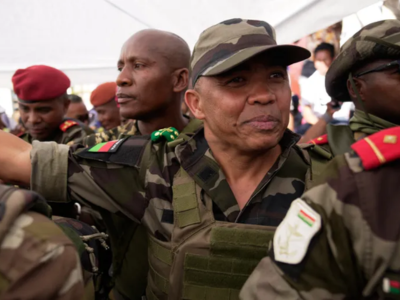
Credit:
The African Union (AU) has suspended Madagascar from all its decision-making bodies following a military coup that ousted President Andry Rajoelina, signaling a firm stance against unconstitutional changes of government.
Rajoelina, who first rose to power in a 2009 military-backed uprising and later won elections in 2018 and 2023, faced growing dissent throughout October. Demonstrators, organized under the “Gen Z Madagascar” movement, took to the streets to protest soaring living costs, limited access to education, and systemic corruption. According to the World Bank, approximately 75% of Madagascar’s 30 million citizens live in poverty.
The crisis peaked on Tuesday when the CAPSAT military unit—ironically the same force that once backed Rajoelina—announced it had seized control, dissolved parliament, and removed the president from office. Colonel Michael Randrianirina, the unit’s commander, declared the takeover to cheering crowds in Antananarivo and scheduled a “solemn hearing” at the constitutional court on October 17 to be sworn in as interim leader. State television broadcast the announcement, framing it as a response to an “unprecedented crisis.”
Rajoelina, who fled the capital during the upheaval, condemned the coup as an “illegal putsch” in a social media post and called on loyalists to resist.
The AU’s swift suspension aligns with its zero-tolerance policy on unconstitutional transitions, previously applied to Mali, Burkina Faso, and Guinea. AU Commission Chairperson Moussa Faki Mahamat emphasized the need to uphold democratic principles and urged inclusive dialogue among Malagasy stakeholders, stopping short of demanding Rajoelina’s reinstatement. The Southern African Development Community (SADC) echoed the AU’s decision and warned of potential sanctions if violence continues.
Madagascar’s new military leadership has characterized the takeover as a reflection of the “people’s will,” citing weeks of protests that left dozens injured and drew international concern. Demonstrators, some of whom torched government buildings and clashed with police, have welcomed the change but are now demanding swift elections.
Human rights organizations, including Amnesty International, have cautioned against potential reprisals and instability, especially in a country already grappling with natural disasters and food insecurity.
As Colonel Randrianirina’s inauguration approaches, Madagascar stands at a crossroads—facing either a fragile transition or deeper political turmoil in one of Africa’s most coup-prone nations.


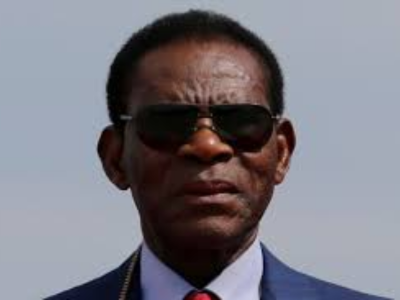
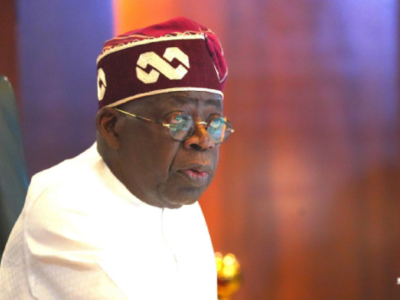
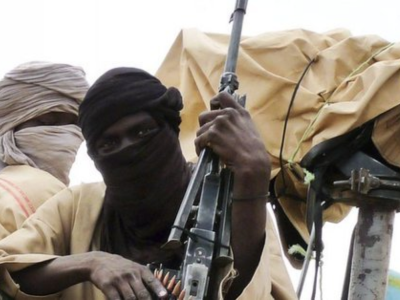





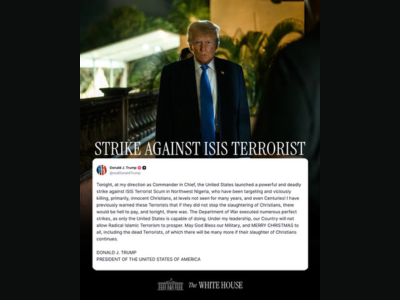

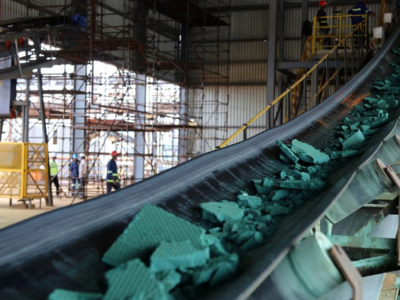
0 Comment(s)